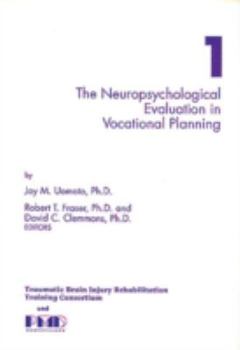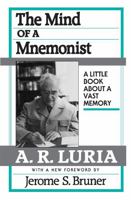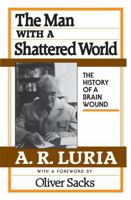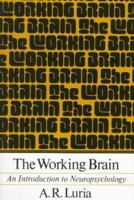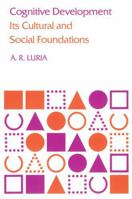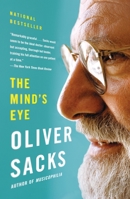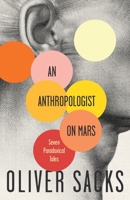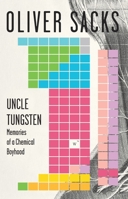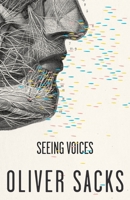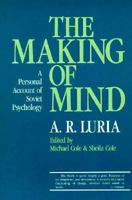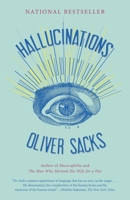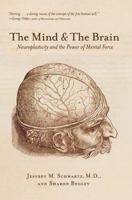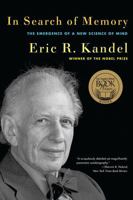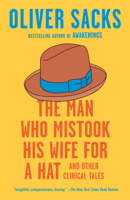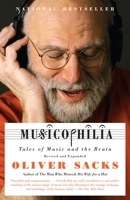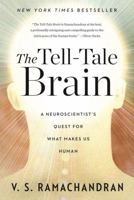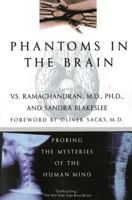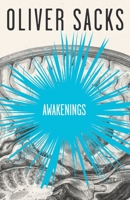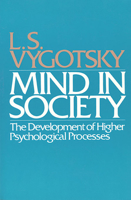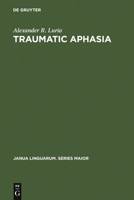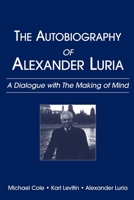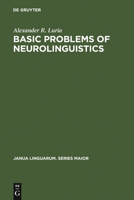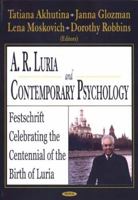The Neuropsychological Analysis of Problem Solving
Select Format
Select Condition 
You Might Also Enjoy
Book Overview
For any of us, problem solving is a daily event. For some, it is a major task. This historical book puts to use neuropsychological methods to analyze the process of problem solving. Experience shows that the process is psychologically so complicated that standard methods established in pedagogy and psychology are insufficient to precisely determine individual factors hindering effective problem solving. The authors present techniques for rehabilitation...
Customer Reviews
Rated 4 starsNearly 20 years old, it still has a lot to teach.
As an "old time" neuropsychologist, I first read this book in graduate school shortly after publication. At that point it was an epiphany for me, despite the ponderous language. On recent re-reading, I was struck by the amount of still relevant material. For instance, Luria described work with physostigmine in memory enhancement. The soon to be approved Alzheimer's drug, Exelon, is a derivative of physostigmine. The language...
0Report











